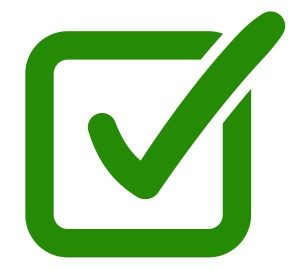Important information
Go to your nearest Emergency Department (A&E) if you are having seizures, including night-time seizures.
Control your epilepsy
Reducing your risk of seizures is important for your safety and your baby’s.
- Take your epilepsy treatment as prescribed.
- Identify and avoid your seizure triggers, if you can.
- If you are at risk of seizures, avoid sleeping alone; sleep with another adult in the room.
- Consider sharing night-time baby feeding with a partner or family member. This will increase your chance of a good night’s sleep.
- Let someone know when you are taking a shower or bath. Use an ‘engaged’ or ‘vacant’ sign on the bathroom door, instead of locking it. It is safer to use a shower instead of taking a bath. If you use a shower over the bath, make sure the plug is removed.

Treatment used for epilepsy during pregnancy is safe with breast-feeding.

There is a small risk of Sudden Unexplained Death in Epilepsy (SUDEP). In 1 year, SUDEP typically affects 1 in 1000 adults with epilepsy. Following the guidance above can help you reduce this risk.
Avoid putting your baby at risk
If your seizures happen suddenly, without warning, it may be difficult for you to keep your baby safe. Consider following these safety measures, when possible.
- Dress and change your baby on the floor to reduce the risk of them falling if you have a seizure.
- Sponge your baby down on a changing mat on the floor instead of bathing them in water.
- Wait until another adult is present before giving your baby a bath.
- To avoid your baby falling or getting trapped down the side of an armchair, feed your baby while sitting on the floor, surrounded by cushions and leaning against the wall.
- Carry your baby in a padded carrycot or sling rather than in your arms. This will protect them if you fall.
The Epilepsy Society offers guidance on parenting with epilepsy.
Future pregnancies
Women with epilepsy have a higher risk of complications in pregnancy than those who do not have epilepsy. Pregnancy can affect your seizures or reduce the effectiveness of your medicines.
We advise you to use reliable contraception so you can avoid an unplanned pregnancy. This is important for your safety and your baby’s safety.
Tell your GP if you are planning to have another baby. Do this before you become pregnant.
Your GP may refer you to a neurologist, epilepsy specialist or the pre-pregnancy service for advice.
You can ask your GP about what medicines to take, how pregnancy can affect your seizures and how seizures can affect your unborn baby.
Unplanned pregnancy
If you were not planning a baby and find out that you are pregnant, do not stop your epilepsy medication.
Contact your GP or epilepsy nurse as soon as possible. They can arrange an urgent review with an epilepsy specialist or the maternity team. They can also prescribe you a higher dose of folic acid (5mg instead of 400mcg).
We recommend you take this higher dose for at least the first 13 weeks of pregnancy, or for the whole pregnancy if your doctor advises this.
Folic acid (vitamin B9) helps a baby’s spine develop and reduces the risk of defects such as spina bifida.
Contact information
Maternity Triage
Telephone: